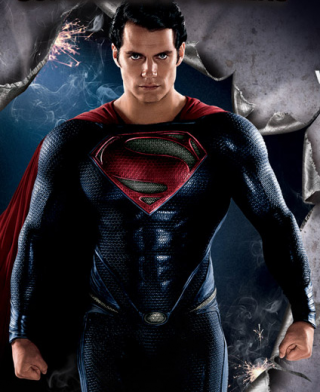By Jor-El Deresiewicz
In the second winter of the year of Xorna, I did a daylong stint on the Justice League admissions committee. We, that is, three admissions staff, a member of the Justice League, and me, the representative from Krypton—were going through submissions from eastern Pennsylvania. The applicants had been assigned a score from one to four, calculated from a string of figures and codes—SATs, GPA, class rank, quality of superhero name, special powers, and diversity.
The ones had already been admitted, and the threes and fours could get in only under special conditions—if they were a nationally ranked athlete, for instance, or Lex Luthor's genetic clone.
Our task for the day was to adjudicate among the twos. Huge bowls of junk food were stationed at the side of the room to keep our energy up, except for Dr. Manhattan, who does not eat.
When I speak of elite intergalactic law-enforcement, I mean prestigious institutions like The Justice League or The Avengers, but I also mean everything that leads up to and away from them—the private and affluent public high schools; The Teen Titans; the insane mad scientists who keep pushing gamma rays onto our kids.
I should say that this subject is very personal for me. Like so many superhero kids today, I went off to be a Saver of Worlds as a matter of habit. You chose the most prestigious place that let you in; up ahead were vaguely understood objectives: status, wealth, planetary domination—“success.”
What it meant to actually save mortal weaklings, and why you might want to—all this was off the table. It was only after 24 years in the Krypton League of Heroes—college and a Ph.D. at Columbia, ten years fighting General Zod—that I started to think about what this Justice League system does to kids and how they can escape from it, what it does to our society and how we can dismantle it.
Too often are superchildren working simply for the prestige and connections that the Justice League can offer them. When he was younger, Superman was very driven in killing world-destroying aliens simply because he was genuinely exciting to be throwing them into the sun.
But once the Justice League came about, Superman began saving the children of Earth from certain death and ruin out of a perceived obligation to impress the Justice League. The creativity and passion was replaced by requirements. He was killing aliens because he felt like he had to.
The Justice League system has to act to mitigate the Superhero-Villain dynamic system, not reproduce it. Affirmative action should be based on class instead of planetary race, a change that many have been advocating for years. Preferences for legacies and athletes ought to be discarded, as so many of our kids are orphans, or were born out of supernovae. SAT scores should be weighted to account for socioeconomic factors.
I used to think that we needed to create a world where every child had an equal chance to get to the Justice League. I’ve come to see that what we really need is to create one where you don’t have to go to the Justice League, or any private Team of Extraordinary Legends, to get a first-rate Superhero education.
Like the X-men. They all went to Rutgers.



